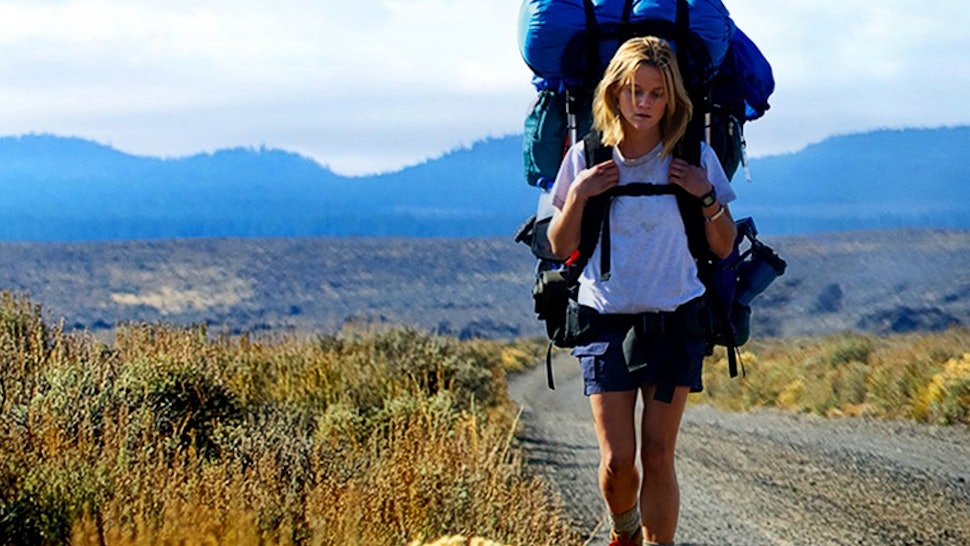Freshman Composition I: “Travel
and Culture
Final Exam Assignment (Short
Paper #3): Where Are You From?
In Haile’s essay, “We Go It
Alone,” she’s confronted by another hiker who tells her, very matter-of-factly,
that “blacks don’t hike.” In other words, when he looks at her he knows where
she’s from and who she is—not who she says she is. Often in society, the
reality of who we are clashes with how we’re perceived by society, and
sometimes, we play along so as not to make waves. Yet our true self can’t be
packaged into a stereotype or emblazoned on a t-shirt. To know us, you have to
travel in our footsteps, inhabit our thoughts, and forget everything you think
you know about where we’re from-from.
So for your final short paper
(your final exam), I want you to write about the person who are that no one can
see. If someone met you for the first time, what would they never see or guess
about you? Why doesn’t this show? Do you try to hide it? Or is it just
impossible to show in any visible way? This could be an identity, a hobby, a
dream, an aspiration, a career choice, a hobby, or even a person you no longer
are (for example, people would never guess I used to have very long hair).
Write about why this hidden self is (or was) important to you, and why you
think it’s not written on your skin or visible on your clothing. Can people
truly understand you without knowing about this? Do you ever try to tell
them—or do you fear it will just be lost in translation?
REQUIREMENTS
·
As
long as you want it to be, but be descriptive: make connections
·
Don’t
make it sound like an assignment; don’t start “my response to this assignment
is…” Tell a story, write an essay.
·
You
don’t have to quote from the essay or Wild, but you certainly can if you
feel it will help your conversation
·
Due
Thursday, December 12th by 5pm















